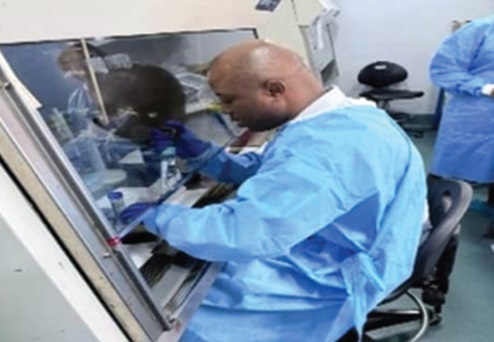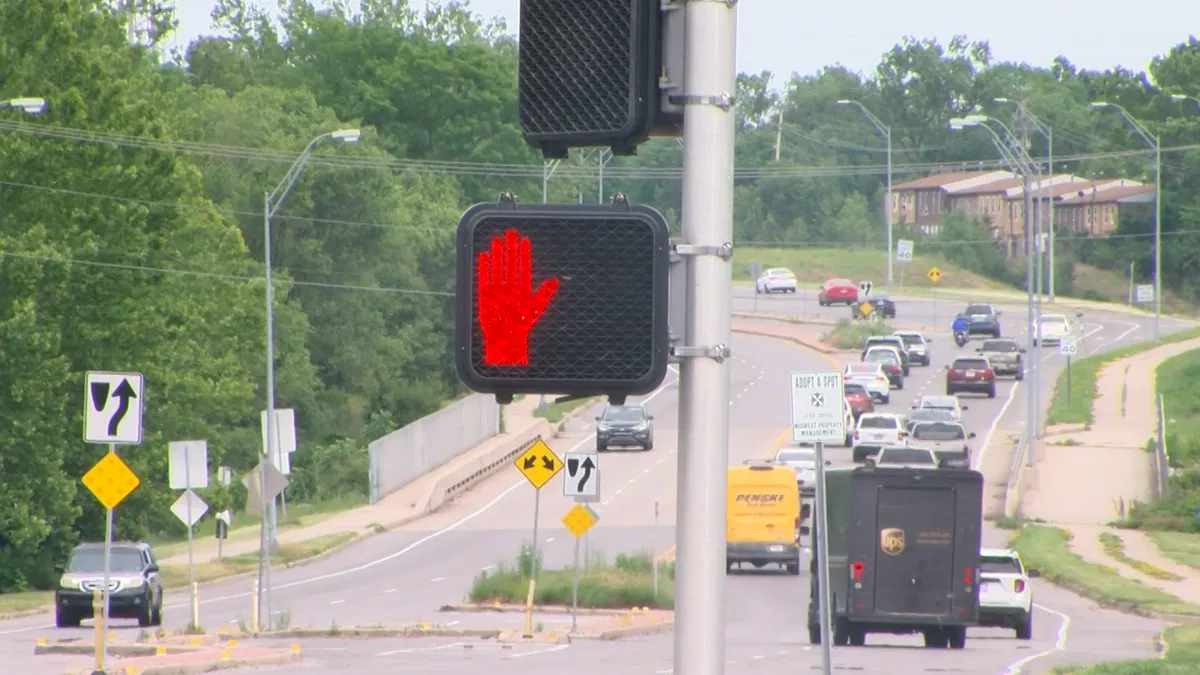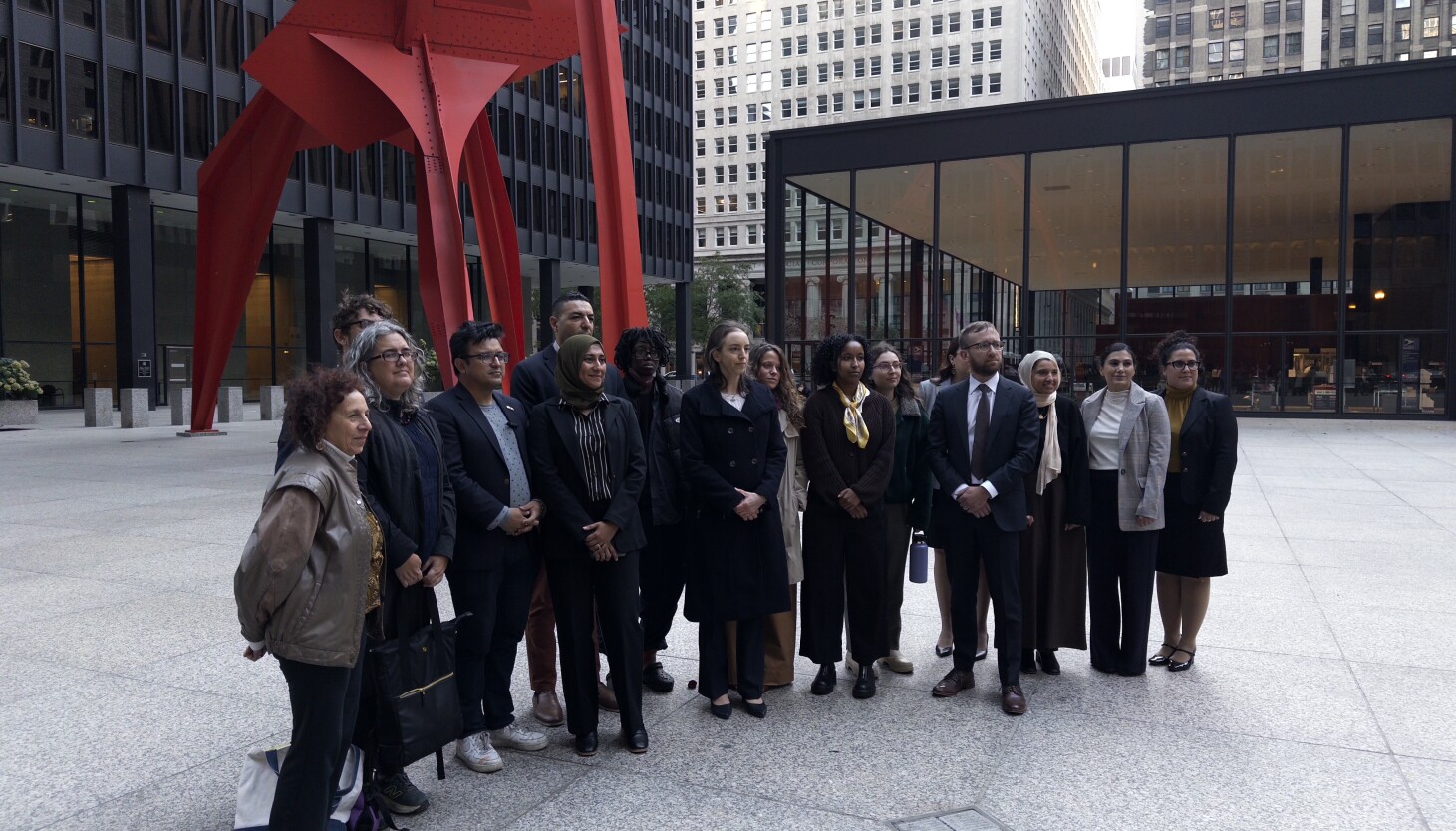Copyright ghanamma

Experiments have shown that more than 60 per cent of all infectious diseases in human beings have originated from animals, and more than 75 per cent of new and emerging diseases (such as monkeypox, Ebola, COVID-19, and avian influenza) originate in animals before they spill over to the human population. That is, with each vaccine each veterinary doctor gives to a dog, checks meat, conducts samples in the laboratory, or manages tsetseflies, they are indirectly safeguarding families, society and the nation at large. All the same, however, Ghanaian veterinary doctors are undervalued, underpaid and under-equipped. This has precipitated a crisis that threatens not only animal health but also public health, food security and national development. Veterinary doctors/position Ghanaian veterinary doctors are mostly recruited by the Office of the Head of Civil Service (OHCS) and deployed to work under the Veterinary Services Directorate (VSD) under the Ministry of Food and Agriculture. They serve in district and regional offices, border posts, laboratories and disease investigation farms across Ghana. They have numerous responsibilities: Public health protection: Prevention of zoonotic infections such as rabies, anthrax, brucellosis, avian influenza and monkeypox, among others. Trypanosomiasis and tsetsefly control: Minimising animal losses and sleeping sickness in humans. • Aquatic animal health protection: Protecting the emerging aquaculture industry from bacterial, fungal and parasitic diseases. • Wildlife health management: Tracking diseases that spill over from wild animals to humans, such as Ebola and coronaviruses. • Food safety and meat inspection: Providing and ensuring safe meat, milk, fish and egg supplies. • Quarantine and border control: Keeping dangerous animal diseases such as African swine fever out at Ghana’s borders. • Laboratory surveillance, research and testing: Detecting outbreaks early so that they can be stopped in their tracks. • Helping agriculture and the economy: Safeguarding livestock and fish industries, supporting livelihoods for millions. When veterinary doctors execute their role appropriately, the whole health system benefits. Rabies vaccination in dogs, for example, prevents more than 95 per cent of human rabies deaths. Control of brucellosis in animals prevents a chronic, disabling disease in people. And for every US$1 invested in animal health, the country saves up to US$5 on human health costs. A Workforce in crisis Despite their critical role, veterinary doctors in Ghana face bleak working conditions. An entry-level veterinary doctor earns about GH¢4,000 a month (ie is salary plus critical professional shortage allowance), far less than their medical counterparts in the Ghana Health Service, even though both professions require the same years of training and mandatory housemanship. Unlike human doctors, veterinary doctors receive no allowances for housing, call duty, fuel, clothing or professional development. There are no tax incentives to help them procure vehicles or essential equipment. This poor remuneration and lack of incentives have caused a dangerous brain drain. Between 2022 and 2024, Ghana lost more than 35 veterinary doctors to opportunities abroad. At the same time, about 68 young veterinary doctors on government payroll continue to carry the weight of critical national functions at district and regional clinics, entry points, farms and laboratories. Ghana only resumed employment of veterinary doctors in 2019, after a long 18-year break due to the absence of foreign-trained veterinary doctors. This forced the government to re-engage tired retirees to hold the fort. Now that young professionals are available since Ghana started training Veterinary Doctors, with its first batch inducted in 2017, the nation is losing them again, this time to neglect. The economic loss is significant. Training a veterinary doctor requires state investment in education, housemanship and infrastructure. When they leave, Ghana not only loses this investment but also loses vital expertise. The country then relies on costly external consultants or overstretched retirees, an approach that is unsustainable for long-term development. The cost of under-funding veterinary services is not an abstraction, but a living reality. Each unchecked case of rabies risks killing a child through a dog bite. Each unheeded warning of bird flu threatens the poultry industry and the incomes of hundreds of thousands of farmers. Each failure to control tsetse flies eats away at cattle, drains meat and milk supplies, and drives rural communities further into poverty. Aquaculture, the fastest-growing industry in Ghana, is also vulnerable to risk without veterinary control. Fish disease not only cuts down production but also leaves consumers to battle with hazardous products. Under the wildlife sector, uncontrolled diseases such as Ebola or coronaviruses would ignite future pandemics. In short, veterinary doctors are the line-defenders of public health, food security and economic development. To neglect them is not only unjust; it’s risky. Labour relations, fairness To add injury to insult, even veterinary doctors have been left out in labour issues. For example, while the Civil and Local Government Staff Association of Ghana (CLOGSAG) deducts funds as association dues from veterinary doctors’ salaries, they were left out of some allowances that were negotiated for, which made them feel abandoned. These paradoxes go ahead to demoralise an already demotivated staff that is lagging behind when it comes to compensation and appreciation. The Ghanaian veterinary doctors’ case must be acted upon right away. It is more about the survival of our public health sector and food security than justice. The government and stakeholders need to: • Ensure that veterinary compensation is brought to a level similar to medical doctors in the Ghana Health Service. • Create a cadred recruitment pipeline so that newly qualified veterinary doctors can be integrated into the Civil Service in good time. • Give incentive packages such as housing, risk, fuel and professional allowances, as well as vehicle and equipment tax relief. • Place veterinary work not only as an agriculture subsector but as a frontline public health sector under the One Health policy. Veterinary doctors are not only animal doctors; they are public health sentinels, food safety officials, border guards, and economic facilitators. Without them, Ghana is in danger of more zoonotic outbreaks, food safety catastrophes and declining poultry, livestock and fish industries. If Ghana invests in and equitably compensates its veterinary workers, the nation would not only be saving human health expenses but also protecting the health, livelihood and future of its citizens. It is time. Veterinarians are Ghana’s quiet guardians of health, food and prosperity. It is time we gave them the recognition and the investment they deserve. The writer is the Human Resources Manager of the Veterinary Services Ghana Email:[email protected]



